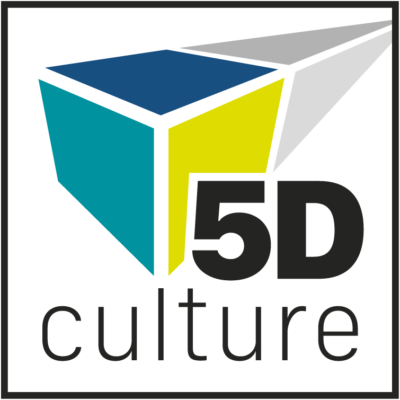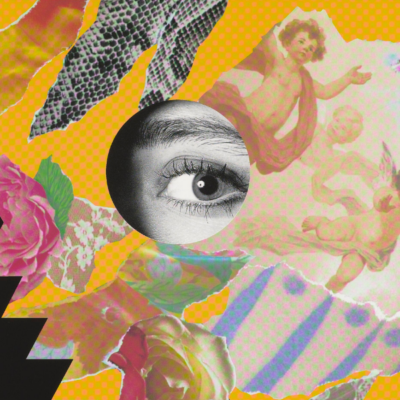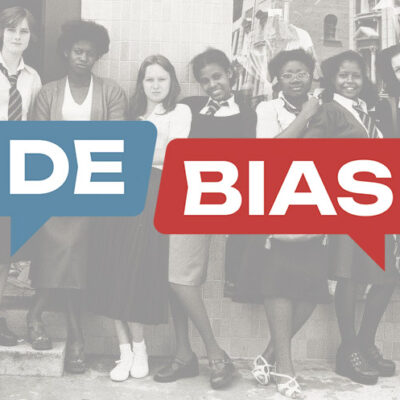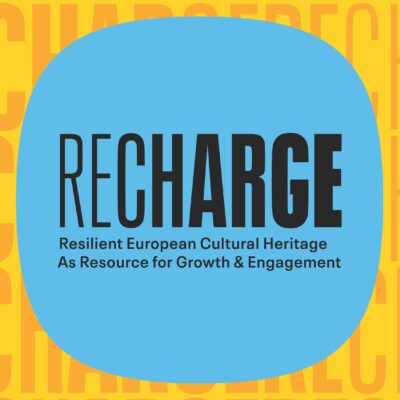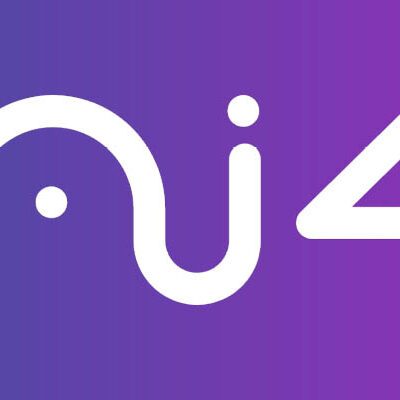
Convincing exemplary projects have demonstrated how citizen engagement appeals and digital participation are essential in crisis situations such as climate change and pandemics. Yet the potential nor the scope of community involvement in scientific research haven’t been fully explored so far. CitizenHeritage takes the citizen science approach to the world of cultural heritage, where the digital realms create new opportunities to reach out to broader audiences and facilitate community building.
The project encourages citizen science in cultural heritage through the application of crowdsourcing and co-creation tools to some of Europe’s largest open digital collections. It contributes to the notion of European citizenship by enabling stakeholder communities to jointly take responsibility for their heritage, advocating an open approach to otherness and a European community spirit surmounting regional and national differences.
 CitizenHeritage will address researchers in the field of Cultural Heritage, including PhD Master students from different relevant research fields (Cultural Studies, (Art) History, Memory studies, but also Digital Humanities, Cultural Economics and software engineering) to train them in inducing, governing and leveraging on citizen participation, digital crowdsourcing and co-creation. These methods and activities will teach students how to take sustainable and economic viable decisions when engaging citizens. In order to optimize efficiency, CitizenHeritage will map and critically assess current practices with regards to their educational value and user-friendliness. But the project will also develop and test new methods and activities, making use of large European digital collections that help to highlight the relevance and power of cultural diversity.
CitizenHeritage will address researchers in the field of Cultural Heritage, including PhD Master students from different relevant research fields (Cultural Studies, (Art) History, Memory studies, but also Digital Humanities, Cultural Economics and software engineering) to train them in inducing, governing and leveraging on citizen participation, digital crowdsourcing and co-creation. These methods and activities will teach students how to take sustainable and economic viable decisions when engaging citizens. In order to optimize efficiency, CitizenHeritage will map and critically assess current practices with regards to their educational value and user-friendliness. But the project will also develop and test new methods and activities, making use of large European digital collections that help to highlight the relevance and power of cultural diversity.
EFHA, thanks to its long experience in running participatory and “culture commons” projects in the digital cultural heritage domain, will lead in the project the setup, organisation and monitoring of a series of participatory activities and Citizen Science workshops that will involve students, citizens, researchers and professionals from the HEIs and CHIs in the consortium and their related networks. These activities and workshops are meant to produce and test innovative approaches for Citizen Science in the cultural heritage field. They will teach researchers from the HEIs and professionals from the CHIs how to set up collaborations to effectively engage citizen communities in cultural activities related to curation and the production of relevant outcomes for research.
The activities and workshops will be beneficial to the HEIs and CHIs in a twofold way. First, they will also enable them to collect the very ‘dispersed’ cultural knowledge among European and national communities. Second, they will strengthen the bonds of the local communities with the CHIs and the HEIs, thus creating a virtuous circle of knowledge exchange and cultural interaction.
While the cultural heritage professionals of tomorrow – students and PhDs – are a vital target audience both in terms of developing and transferring the insights gained through the project, also other stakeholder communities will be involved in CitizenHeritage, including amateur culture enthusiasts, engaged citizens and heritage communities.
CitizenHeritage is co-financed by the Erasmus+ Programme of the European Union, project number 2020-1-BE02-KA203-074727.
Project Partners
- Katholieke Universiteit Leuven (BE)
- National Technical University of Athens (GR)
- Erasmus Universiteit Rotterdam (NL)
- Web2Learn (GR)
- European Fashion Heritage Association (IT)
- Photoconsortium (IT)
